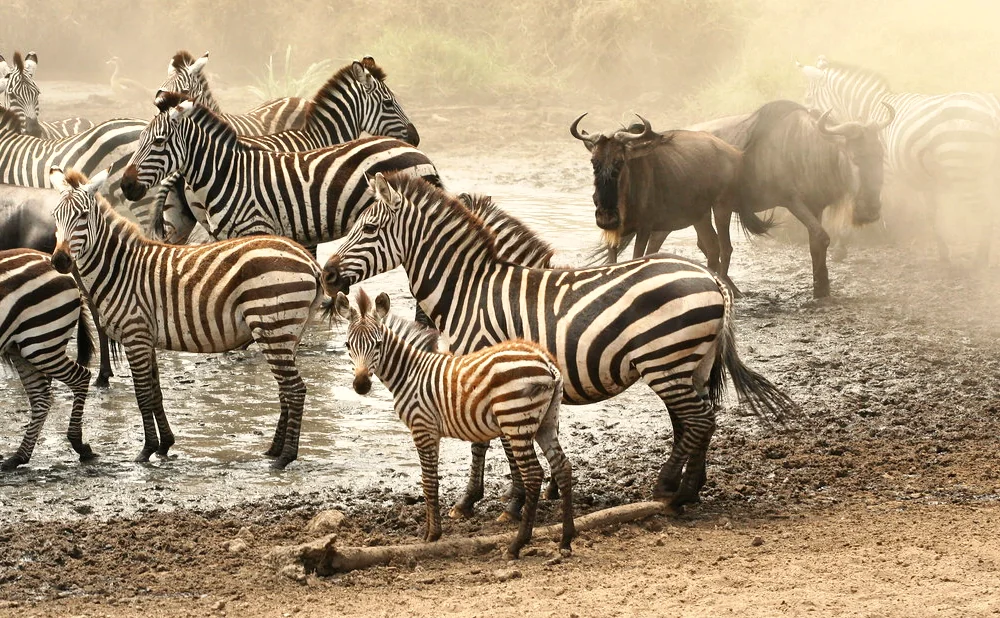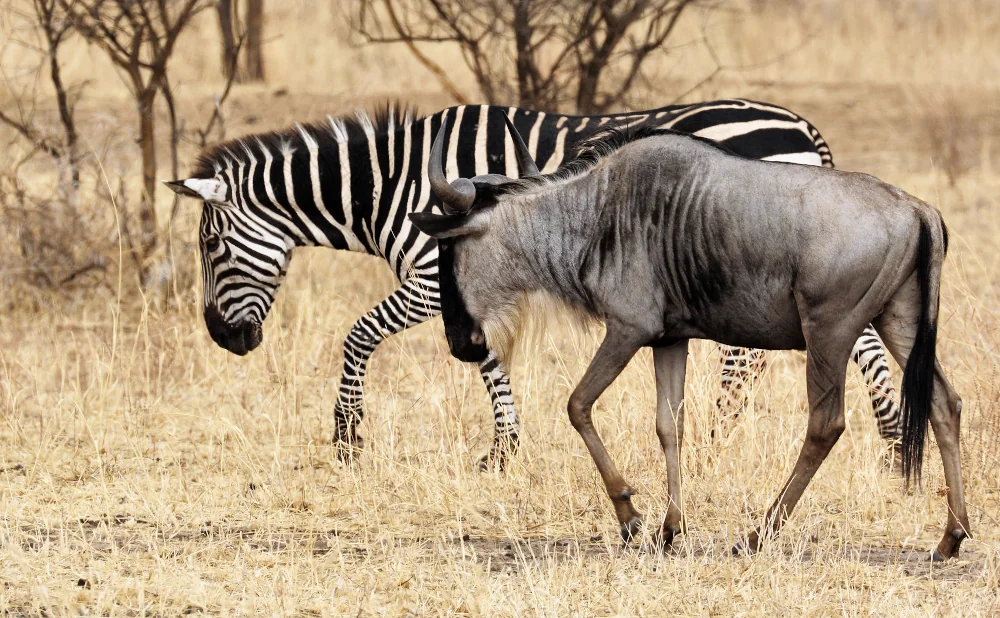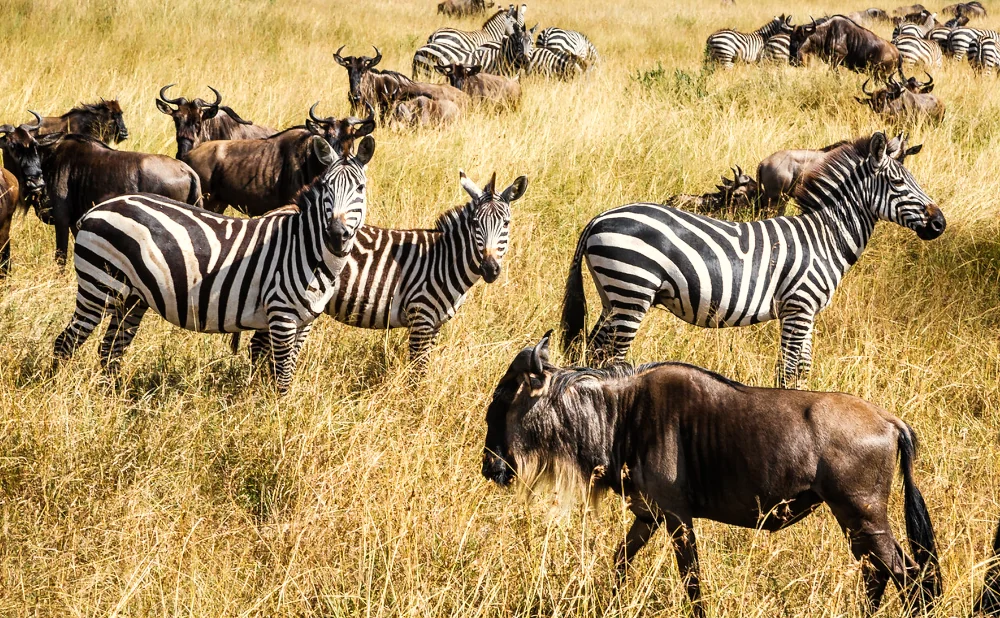why dont lions attack humans
In the vast expanse of the African savannah, lions reign supreme. Yet, despite their fearsome reputation, they seldom attack humans.
Why is this so? Are we not easy prey for these apex predators?
The answer lies in understanding the complex dynamics of lion behavior, energy conservation, and historical interactions with humans.
In this article, we delve into these fascinating aspects, shedding light on why lions typically don't view us as prey and how we can coexist peacefully with these majestic creatures.
Understanding Lion Behavior and Human Interaction
Lions, by nature, are cautious creatures. They often avoid contact with humans, viewing us more as threats than potential prey.
This avoidance behavior is deeply rooted in their instincts. It's a survival strategy that has evolved over centuries of interaction with humans.
In protected areas, where prey is abundant, lions have even less reason to risk an encounter with humans.
Understanding these behavioral nuances is crucial, not only for our safety but also for the conservation of these magnificent beasts.
The Energy Conservation Strategy of Lions
Lions are strategic hunters. They conserve their energy for hunting their natural prey, like zebras and antelopes.
Attacking a human, an unfamiliar and potentially dangerous target, could result in a high energy cost. This cost may not be worth the uncertain outcome of the attack.
Environmental factors, like drought, can also affect a lion's energy levels and hunting behavior.
Thus, energy conservation plays a significant role in why lions typically do not attack humans.
Historical Context of Lions and Humans Interaction
Historically, lions and humans have had a complex relationship. This relationship has shaped the behavior of lions towards humans.
Human activities, such as habitat destruction and hunting, have taught lions to be wary. They often avoid humans as a result.
In some cultures, traditional practices may influence a lion's behavior towards humans.
Understanding this historical context is crucial to comprehending why lions typically do not attack humans.
Why Humans Aren't Typical Prey for Lions
Lions are apex predators with a preference for certain prey. Humans do not fall into their typical prey category.
Zebras, antelopes, and other large mammals are the lions' favored prey. These animals provide the nutrients lions need.
Lions view humans more as a threat than potential food. This perception leads to avoidance rather than aggression.
Therefore, humans are not a common target for lions, contributing to the rarity of attacks.
Factors That Influence a Lion's Decision to Attack
Several factors can provoke a lion to attack humans. Feeling threatened is a primary trigger for lions.
Sickness, injury, or scarcity of natural prey can also lead to attacks. These conditions push lions to desperation.
Young male lions, more prone to roaming, may come into contact with humans. This interaction can potentially lead to attacks.
Lastly, the presence of cubs can make lionesses more defensive. They may attack humans perceived as threats to their offspring.
Preventing Human-Lion Conflicts: Conservation and Education
Conservation efforts play a crucial role in preventing human-lion conflicts. By maintaining healthy ecosystems, lions have less reason to attack humans.
Education is another key aspect. Local populations need to understand how to live safely with lions.
Park rangers and guides also contribute to preventing lion attacks. They ensure that tourists maintain a respectful distance from lions.
Lastly, research and technology help us understand lion behavior better. This knowledge is vital in preventing potential attacks.
Conclusion: Coexisting with Lions
Coexisting with lions is possible with understanding and respect. Humans need to recognize that lions are wild animals with their own instincts.
Avoiding behaviors that could provoke a lion is crucial. This includes not feeding them or invading their space.
Conservation organizations play a significant role in studying and mitigating human-lion conflict. Their work is essential for a harmonious coexistence.
In conclusion, understanding why lions don't typically attack humans helps us coexist peacefully. It's a fascinating insight into the dynamics of wildlife behavior.











